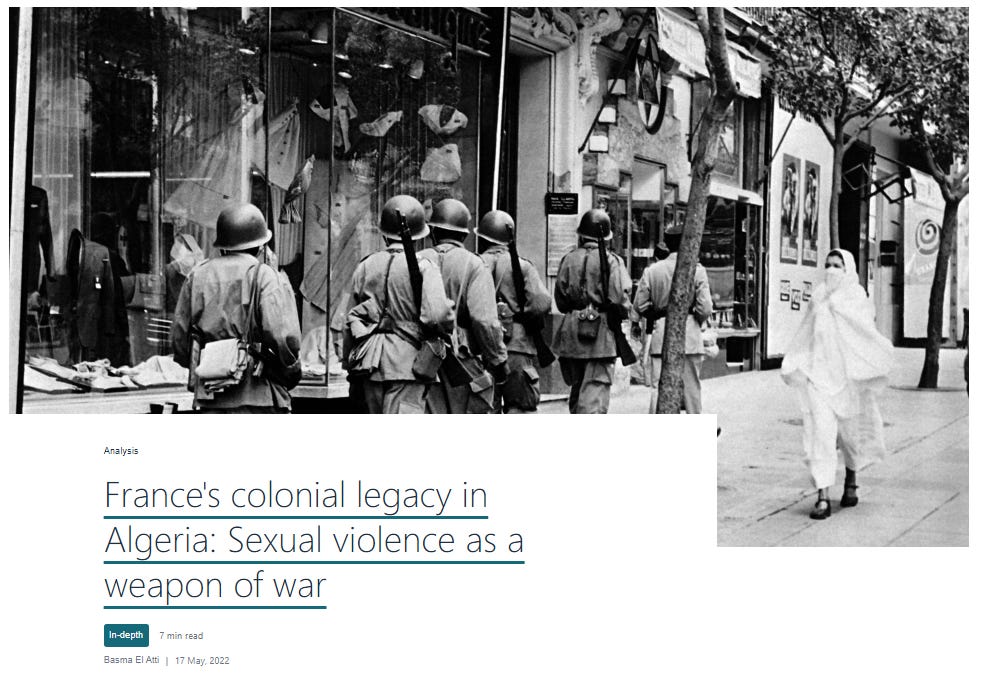this is the world according to Garp except . . . except . . . .!! Pick your genocide, Part One!
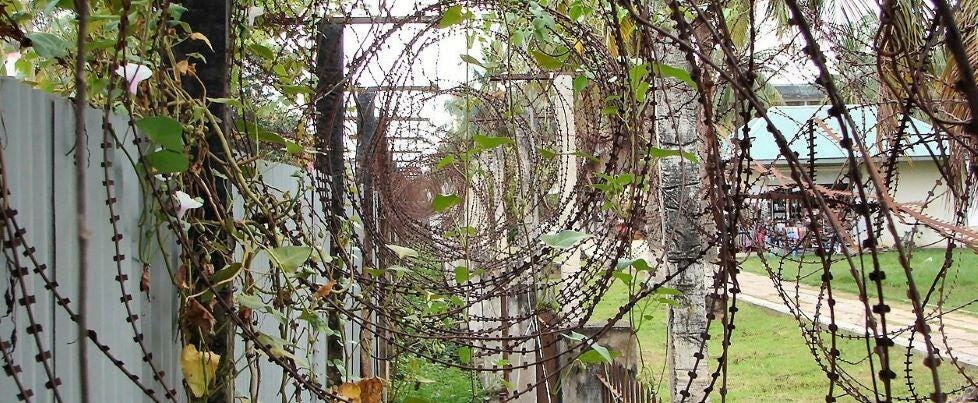
I like Anhthony Hall’s piece: The Canadian Government Joins the Génocidaires Standing Against the Justice-Minded South Africans: Trudeau’s Lies and Crimes and Failures Run Far Deeper Than Racism.
Quoting Anthony: “Trudeau’s has yet to adequately explain his hostility to the South African case at the ICJ. The South Africans have been widely commended for their compelling legal arguments exposing in great detail the obvious genocidal assault of USA-Israel in Gaza. The result is that Trudeau continues to shame decent Canadians with his anti-Palestinian, anti-South African stance. Both Palestinians and South Africans oppose Israeli apartheid. Does Trudeau oppose Israeli apartheid?
The Trudeau government is also backing the bombing campaign against the Houthi-dominated Yemeni government because the Houthis are with the South Africans in standing up for the right of Palestinian civilians not to be exterminated en masse. We can now see clearly the government of Canada is supporting the mass murder and subsequent deportation of the survivors to finish off the genocidal designs of the Nakba initiated in 1948. Is the Trudeau government already negotiating with the Israeli genocidaires who are known to be seeking to relocate some of the Palestinian survivors into Canada after all the life support systems in Gaza have been purposely obliterated?”
Anthony is more dignified than I would be: “Trudeau’s atrocious position goes far beyond racism. With all his lies and corruptions and perversities, he should have been forced to resign as Prime Minister long ago. The fact that members of the Liberal caucus in Parliament along with the NDP Leader, Jagmeet Singh, have allowed him to stay in office, will be a source of shame and infamy for all of them throughout the remainder of their hopefully short political careers. This most recent disgrace, of and by Canadian parliamentarians follows in the wake of their enthusiastic standing ovations for a Waffen SS veteran who joined in the Hitlerian assault on Russia in WWII.”
Fucking Made/MAID in Canada. But not passive or voluntary, but botulism 101 in Trudeau’s Caribou steak. Canada’s medical assistance in dying (MAID) law
— Governor General Michaëlle Jean has formally apologized to Rwandans for Canada’s role as part of the international community that failed to act “soon enough” to prevent the 1994 genocide. Declaring the genocide was made possible by the world’s “indifference and inaction,” Jean said Wednesday, “Canada acknowledges and takes responsibility . . . for not having responded soon enough to what was happening here. “I think we could have made a difference. I think we could have prevented the magnitude of the horror that brought . . . genocide here.”
Ahh, Palestine? Canada? Trudeau? The struggle and guilt will never surface in Klanada or Un-United $nakes of Israel First.e
Hero?
Excerpt: “Engraved still in my brain is the judgment of a small group of bureaucrats who came to “assess” the situation in the first weeks of the genocide: “We will recommend to our government not to intervene as the risks are high and all that is here are humans.”
My story is not a strictly military account nor a clinical, academic study of the breakdown of Rwanda. It is not a simplistic indictment of the many failures of the UN as a force for peace in the world. It is not a story of heroes and villains, although such a work could easily be written. This book is a cri de coeur for the slaughtered thousands, a tribute to the souls hacked apart by machetes because of their supposed difference from those who sought to hang on to power. It is the story of a commander who, faced with a challenge that didn’t fit the classic Cold War-era peacekeeper’s rule book, failed to find an effective solution and witnessed, as if in punishment, the loss of some of his own troops, the attempted annihilation of an ethnicity, the butchery of children barely out of the womb, the stacking of severed limbs like cordwood, the mounds of decomposing bodies being eaten by the sun.
This book is nothing more nor less than the account of a few humans who were entrusted with the role of helping others taste the fruits of peace. Instead, we watched as the devil took control of paradise on earth.”
From 1915, inspired by rabid nationalism and secret government orders, Turks drove the Armenians from their homes and massacred them in such numbers that outside observers at the time described what was happening as ‘a massacre like none other,’ or ‘a massacre that changes the meaning of massacre.’ Although we do not have reliable figures on the death toll, many historians accept that between 800,000 and one million people were killed, often in unspeakably cruel ways, or marched to their deaths in the deserts to the south. Unknown numbers of others converted to Islam or in other ways survived but were lost to the Armenian culture. At the time a number of influential people spoke out against these atrocities, most notably the distinguished historian Arnold J. Toynbee, but it has only been since the 1970s that scholars have devoted anything like sustained attention to this human catastrophe. There is more than enough evidence to suggest that the mass murder of the Armenians was a case of genocide, as that crime was subsequently defined in the United Nations Genocide Convention of 1948. Surviving perpetrators of the Armenian genocide could certainly have been held to account in an international criminal court.
Genocide:
Armenian Genocide Remembrance Day, commemorating the lives of 1.5 million Armenians killed by the Ottoman Empire in 1915. Past U.S. administrations had been reluctant to officially mark the day, concerned it might offend Turkey, an important strategic ally. But President Biden issued a statement last year acknowledging the genocide and saying, we do this not to cast blame but to ensure that what happened is never repeated.
Peter Balakian, the Pulitzer Prize-winning poet, comes from a family that fled the Armenian genocide. Some relatives were killed there. Here he reads this poem “After The Survivors Are Gone.”
Peter Balakian’s Armenian Genocide: A Dark Paradigm
In Armenia, 1987
Into a basalt cavern I wandered
where the moon slid like a water snake
in white skin through the gullies
to the blonde and furry wheat.
I dug toward the damp smell of a water channel—
found a shard of a cross
its lacework a system of streams wound into stone—
grapes and pomegranates pomegranates
and grapes pulpy in my hands.
Palmettos sawed my palms.
A rising moon in the moss-grown stone mirrored the light
where winged griffins, those talismans of blood
flew into the arms of Christ.
Down a gully like a volute
I found a way to the dry clay of the border
where a scimitar cut the horizon.
Pegasus flew out of the tufa walls
into the white shroud of Ararat
and the ringing bells slid into the scree.
Down there I felt my name disappear.
+—+
Parable for Vanished Countries
The mountain was close.
Far. Then closer.
Rivulets of light ran across it.
Lakes were white circles,
then canyons,
then empty eyes.
The sky was a field of burning stones.
It was neither day nor night.
It was jasmine, and fires went out
over my head. The closer I got,
the farther it was.
Rivers pooled like green wax,
and the orchards and vineyards
on its flanks flared
like the wings of a scarlet tanager.
The trees glared like shepherds’ crooks
in the brass light; crows roosted on them,
and the mountain rose into the sky,
until it was a cloud
shimmering in black air.
+—+
After the Survivors Are Gone
I tried to imagine the Vilna ghetto,
to see a persimmon tree after the flash at Nagasaki.
Because my own tree had been hacked,
I tried to kiss the lips of Armenia.
At the table and the altar
we said some words written ages ago.
Have we settled for just the wine and bread,
for candles lit and snuffed?
Let us remember how the law has failed us.
Let us remember the child naked,
waiting to be shot on a bright day
with tulips blooming around the ditch.
We shall not forget the earth,
the artifact, the particular song,
the dirt of an idiom—
things that stick in the ear.
Mandelstam in Armenia, 1930
Between arid houses and crooked streets
a shadow could be your wife or a corpse
and a mule’s hooves sounded like Stalin’s
fat fingers drumming a table.
In the Caucasus eagles and hawks
hung in the blue’s basilica.
A swallow flew off a socle
into the wing of an echo—
history’s caw and chirp and bird shit
on the tombs in the high grass.
On hairy serrated stems
poppies flagged like tongues.
Petals of flat paper
lined your thumbed-out pockets.
Anther seeds burned your pen.
From a cloud of broom a red bee stumbled
to your fish-globe brain.
A casket of light kissed the eyebrows of a tree.
Lake Sevan’s rippling blue skirt
lapped you. Slime tongues got your eyes.
A half-dead perch slithered your ear.
When the evening air settled
on the creatures of the mountain
the sun was the Virgin’s head.
Here, where the bush grew with fresh blood
and ancient thorns, you picked the rose
without scissors. Became an omen.
+—+
Road to Aleppo, 1915
A flame like a leaf eaten
in the sun followed you—
a white light rose higher
than the mountain,
and singed the corner of your eye
when you turned to find
the screaming trees
dissolving to the plain.
Even when the sun dropped,
the ground was heat and bayonets,
and in the Turkish wind
the throats of boys
kept ringing in your ears.
Your breath like horizon
settled into black.
You stuttered every mile
to your daughters’
shorter steps.
The air, almost gone,
filled inside your dress.
Post-Traumatic Shock, Newark, New Jersey, 1942
Shirts hang in the glass showcase
behind the gold French Cleaners,
when I open the door,
naphthalene rises
into the no-legs.
Delphiniums are blue like
the decanters of cologne from Paris.
That’s my brother’s house.
God’s face on a wooden belfry.
God’s lips. God’s nose.
God’s innocent little prick.
At the butcher’s those are cow’s eyes
with the visionary gleam of things
in the dead sand.
I’m the star of a Jew
rising from the beery foam
of Chaplin’s moustache.
It was a dirt road
like the head of an elk
or these hanging ribs.
Figs at Delaney’s all
the way from Smyrna
like shit in cellophane.
On the road. We were going there.
and then Hawaii turned into white light
on the screen of the Philco.
Kamikaze metal.
A runway of gin and broken glass.
Naphthalene of the Red Cross nurses.
Yes, yes, the child’s mine.
No Armenians left?
Jimmy Stewart you bastard
I’m here with some shopping bags.
These poems are excerpted from June-tree: New and Selected Poems, 1974–2000 by Peter Balakian, HarperCollins (2001).
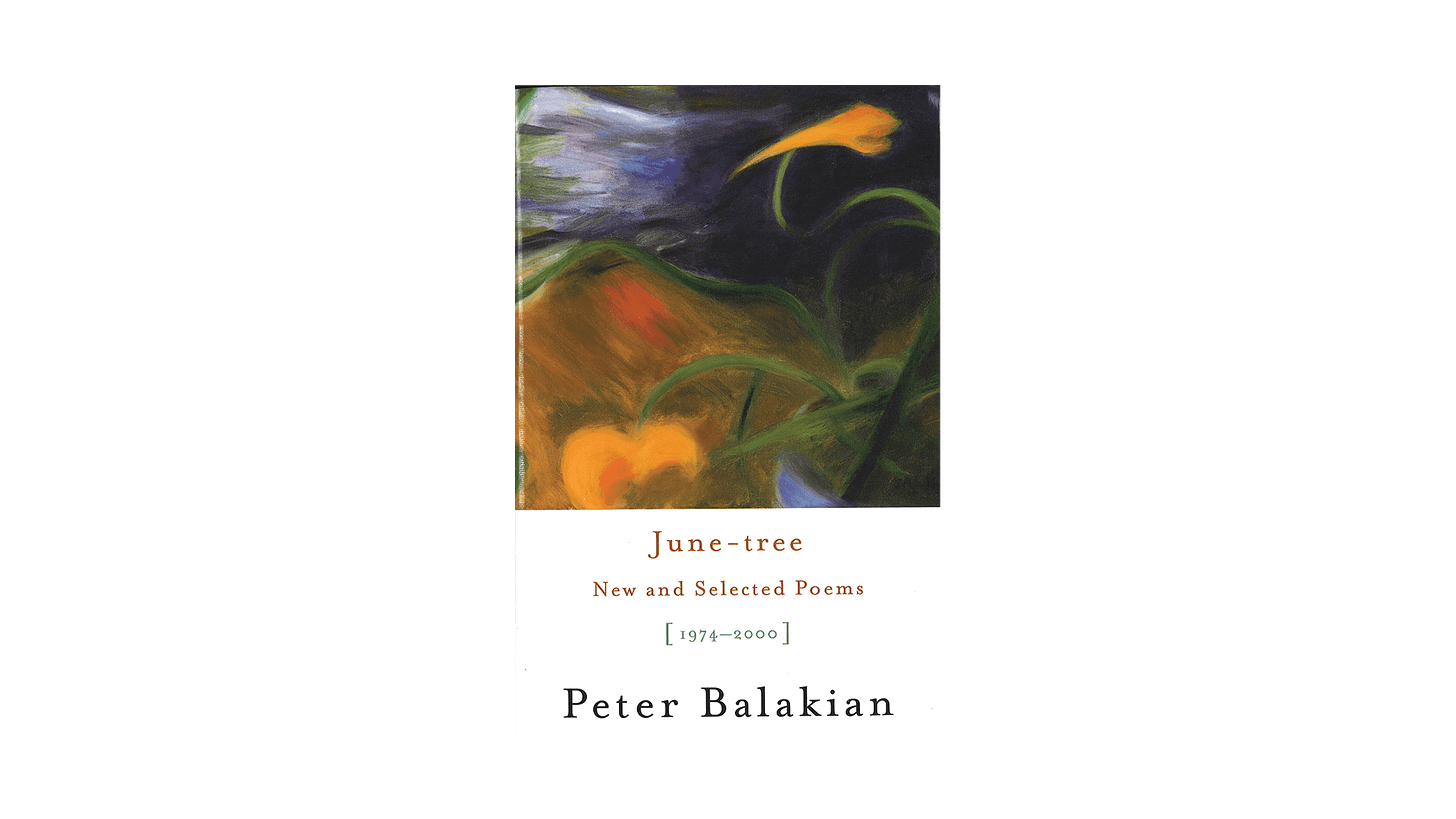
The war caused the deaths of between 400,000 and 1,500,000 Algerians, 25,600 French soldiers, and 6,000 Europeans. War crimes committed during the war included massacres of civilians, rape, and torture; the French destroyed over 8,000 villages and relocated over 2 million Algerians to concentration camps.
+—+
[Photo: Djamila Boupacha delivers a speech on 27 June 1962 in Algiers after being arrested, tortured and sexually assaulted by French soldiers. She was first sentenced to death before being released as part of the Evian Accords. [Getty]]
“Through posters and campaigns, the French army tried to convince women to take off their veils and headscarves,” explained Donia Ismail, a Franco-Algerian journalist interested in Algerian history, to The New Arab.
“Personally, I can not care less about apologies. What we want is to hold the guilty accountable. And by that I do not mean to blame some individuals who were in charge during that time, because we know the crimes that were committed were more than individual decisions,” Ismail said.
Yeah, those buttery words in French: agression sexuelle


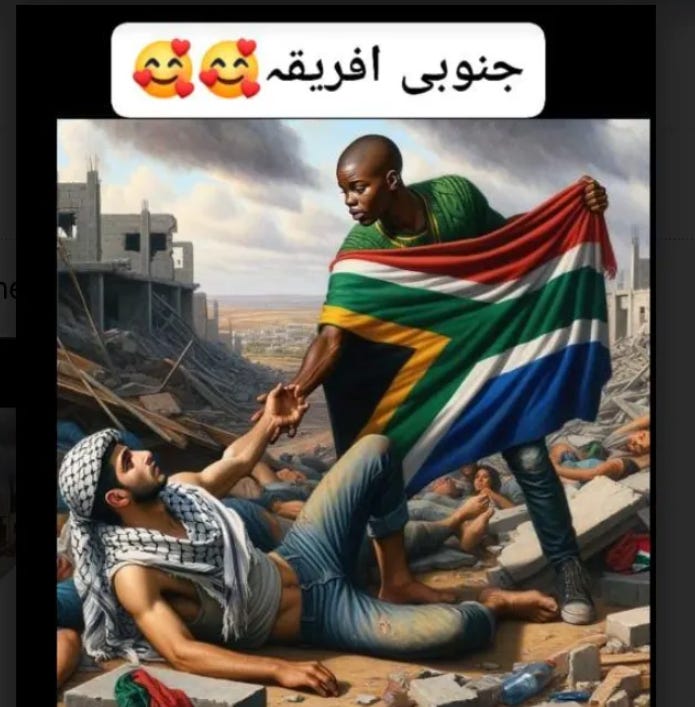
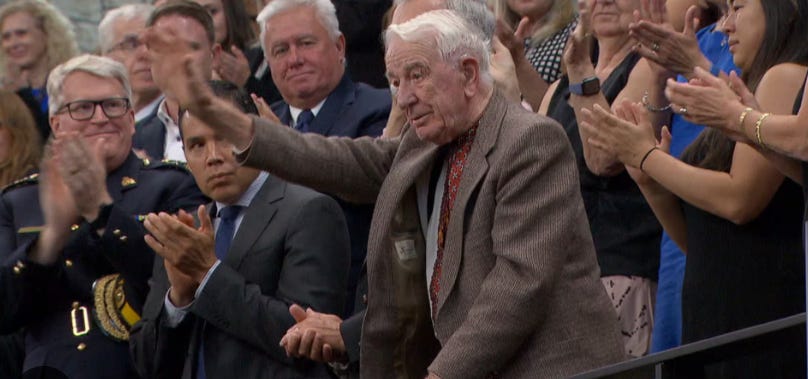
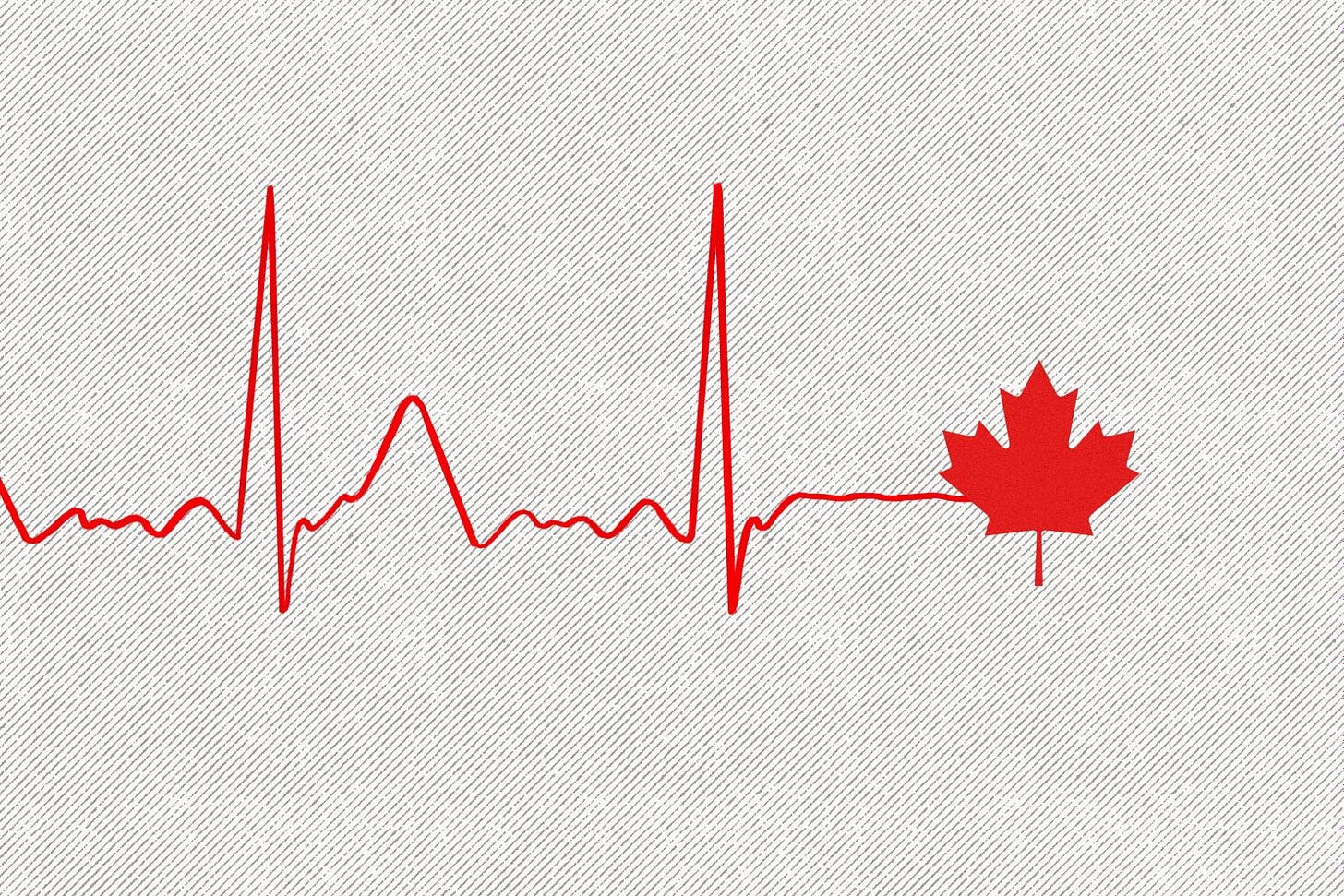
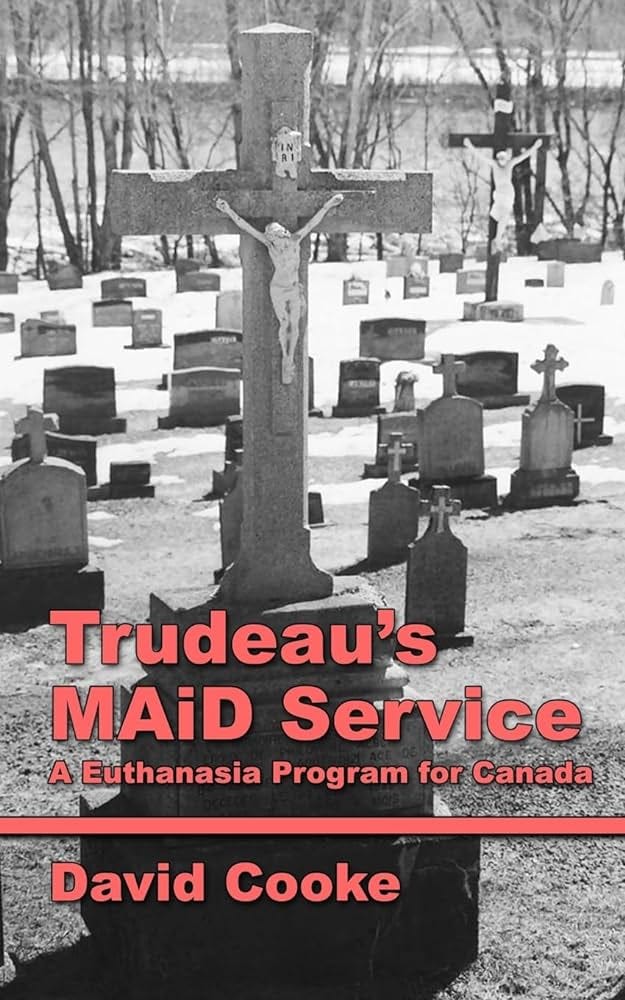
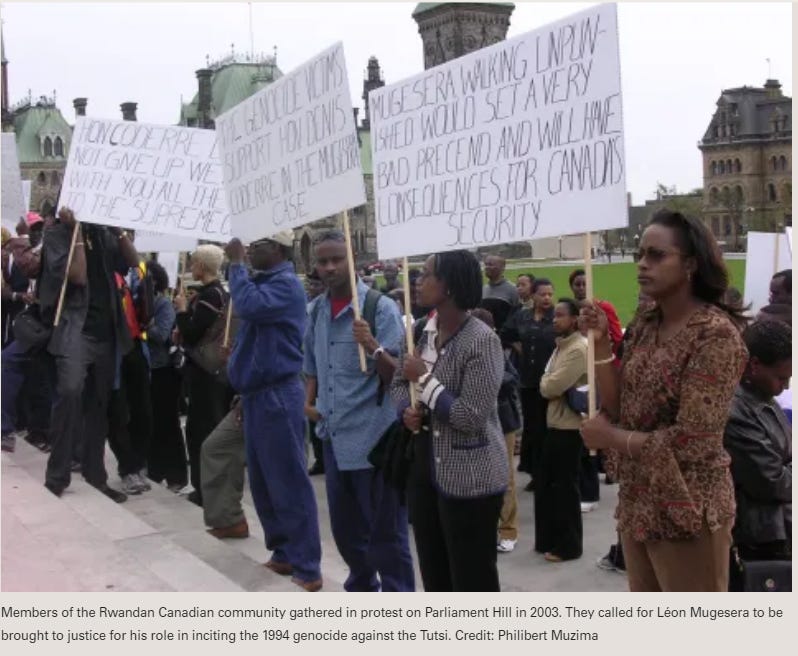
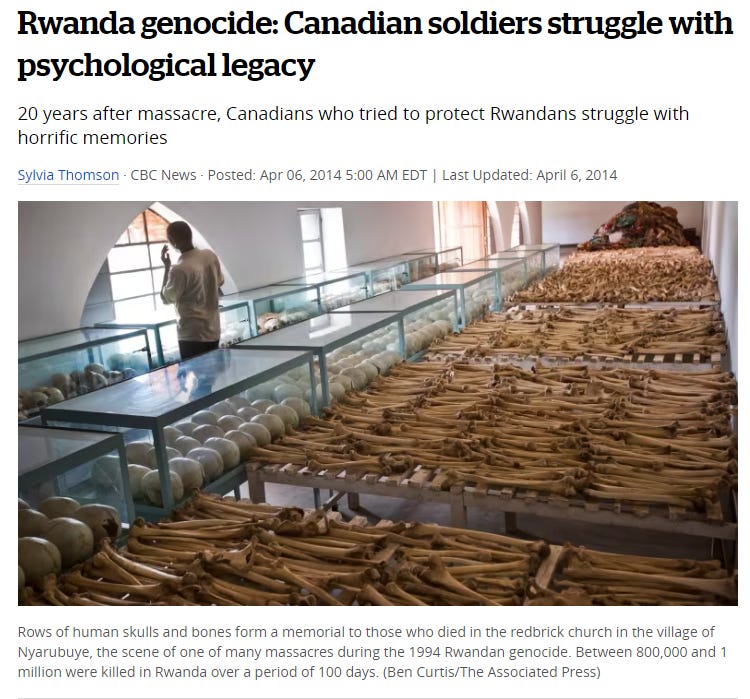
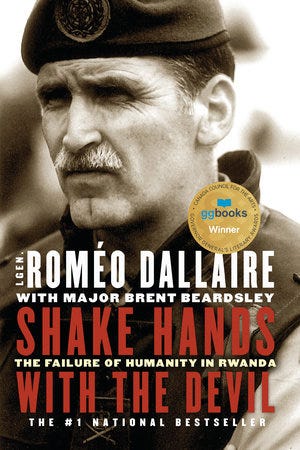
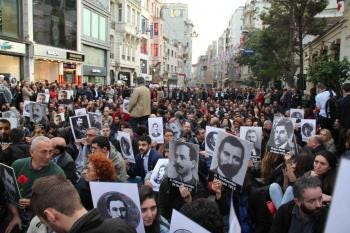
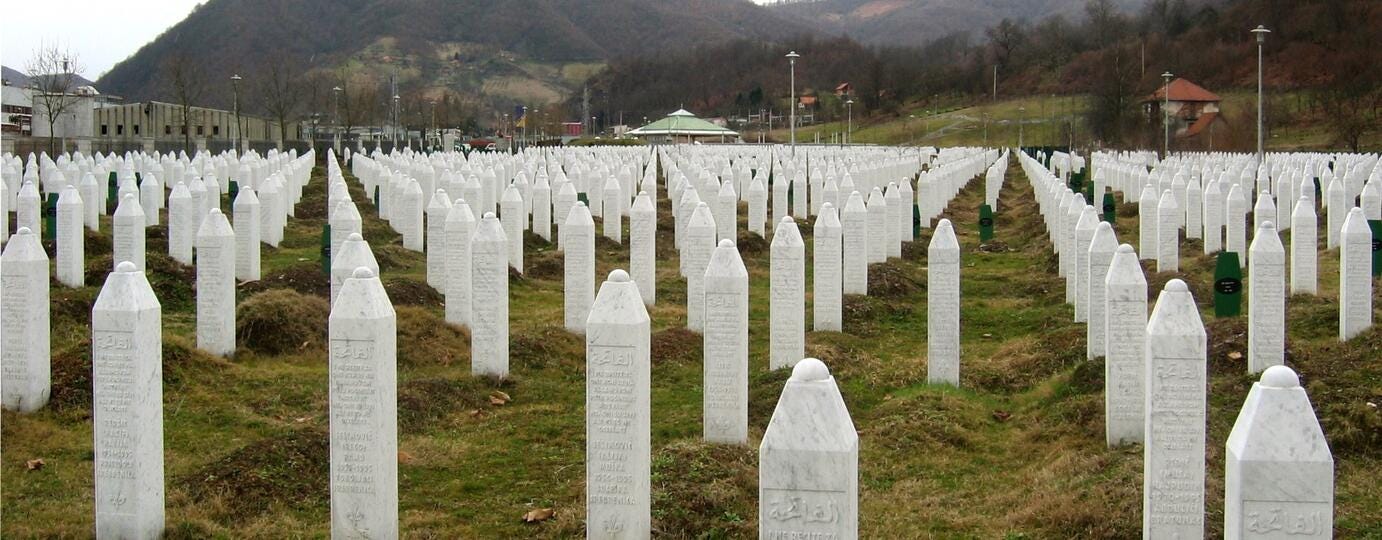
![Djamila Boupacha delivers a speech on June 27, 1962 in Algiers after being arrested, tortured and sexually assaulted by French soldiers. She was first sentenced to death before being released as part of the Evian Accords. [Getty] Djamila Boupacha delivers a speech on June 27, 1962 in Algiers after being arrested, tortured and sexually assaulted by French soldiers. She was first sentenced to death before being released as part of the Evian Accords. [Getty]](https://substackcdn.com/image/fetch/w_1456,c_limit,f_auto,q_auto:good,fl_progressive:steep/https%3A%2F%2Fsubstack-post-media.s3.amazonaws.com%2Fpublic%2Fimages%2F5057e940-d8a5-4930-9a90-d3d14c27119d_1155x650.jpeg)
